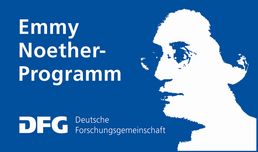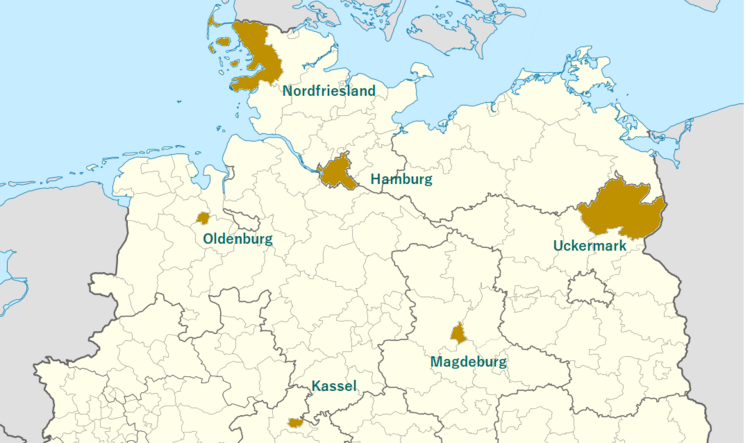
Regional Energy Transition: The Social Processes of Negotiating, Norming and Learning in the Wind Energy Sector
Contact:
Project leader
Team
This project is supported by our Mercator-Fellow, Professor Lars Coenen, from the Mohn Centre for Innovation and Regional Development at the Western Norway University of Applied Sciences.
Regional Energy Transition: The Social Processes of Negotiating, Norming and Learning in the Wind Energy Sector
Final report
English Summary

The research project REENEA focuses on the energy transition on the regional level and how it is constituted by social processes and interactions. It aims firstly to understand better the phenomenon of „Energiewende“, which has hitherto mainly been researched in general terms and on the national level, through developments in the wind energy sector on the regional level. Secondly it aims to provide an empirical underpinning to what has so far been a mainly scientific, conceptual debate in transition research. Processes of regional transition are being observed and analysed through comparative case studies of the wind energy sector in different regions in Germany.
REENEA combines competencies from sociology, political sciences, economics and economic geography. Together the team develops innovative, inter-disciplinary concepts to complement existing approaches in transition theory. The role of actors from different societal fields (politics, administration, industry, science, finance, representative bodies and civil society) in the regional innovation and transformation process is analysed through the concept of regional transformation fields. Regional transformation is explained through the interplay of processes of negotiation, norming and learning.
The regional level is at the centre of attention for the project but dependencies of and impacts on the supra-regional context (national, international and global) are also considered. Six regions in Germany are chosen for a detailed analysis of the change processes taking place in the regional wind energy sector through mainly qualitative research methods (document analysis, 20 to 30 interviews, observation).
On the one hand, this comparative design enables the REENEA team to draw conclusions on the dynamics which underpin the social processes of transitions. Thus, they contribute to the further conceptual development of transition theory. On the other hand, existing concepts and theories about the place specificity of transition processes are empirically substantiated. Finally, the methodical review of the results allows the REENEA team to develop policy recommendations for a regionally sensitive management of necessary or desired transitions.


